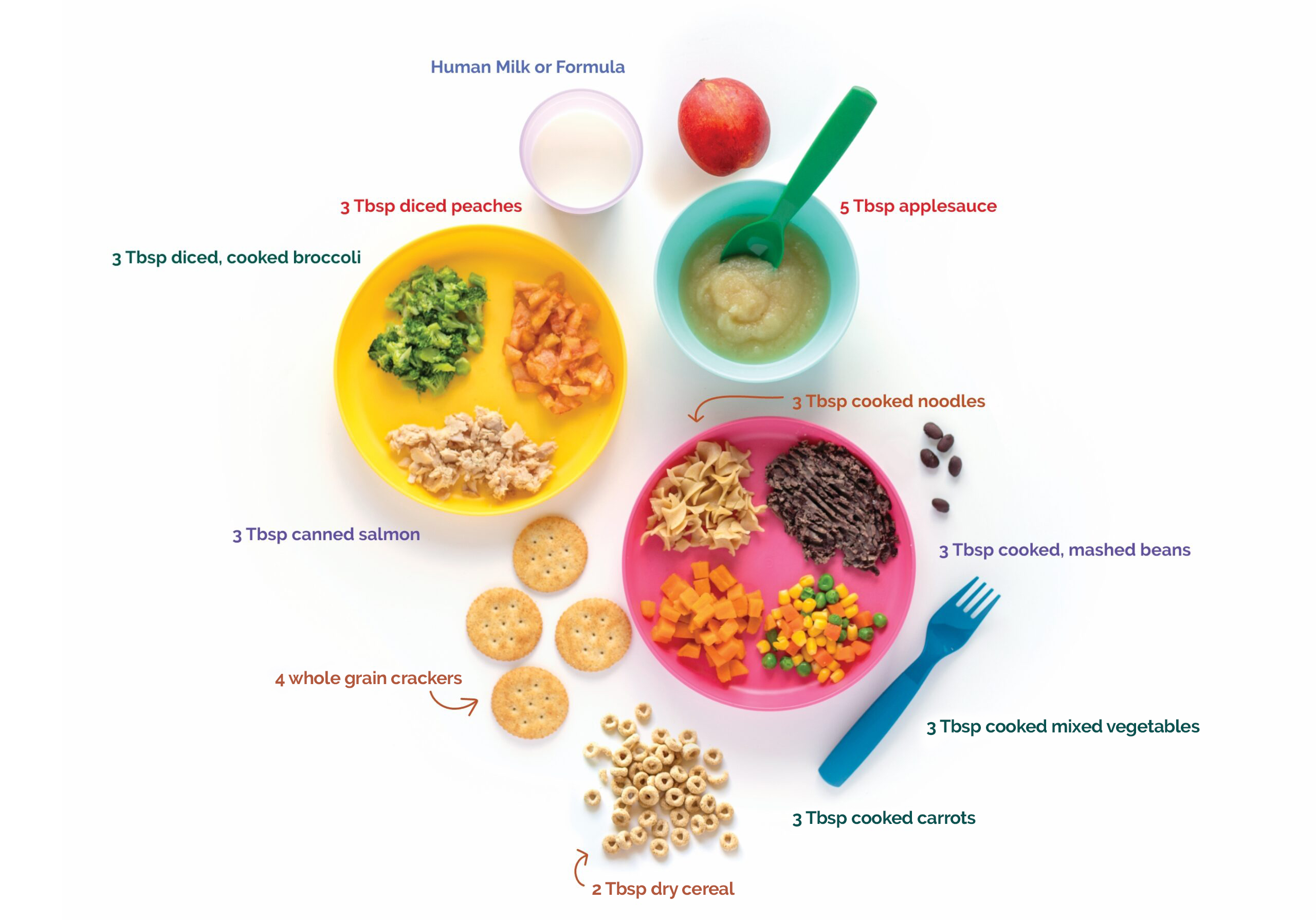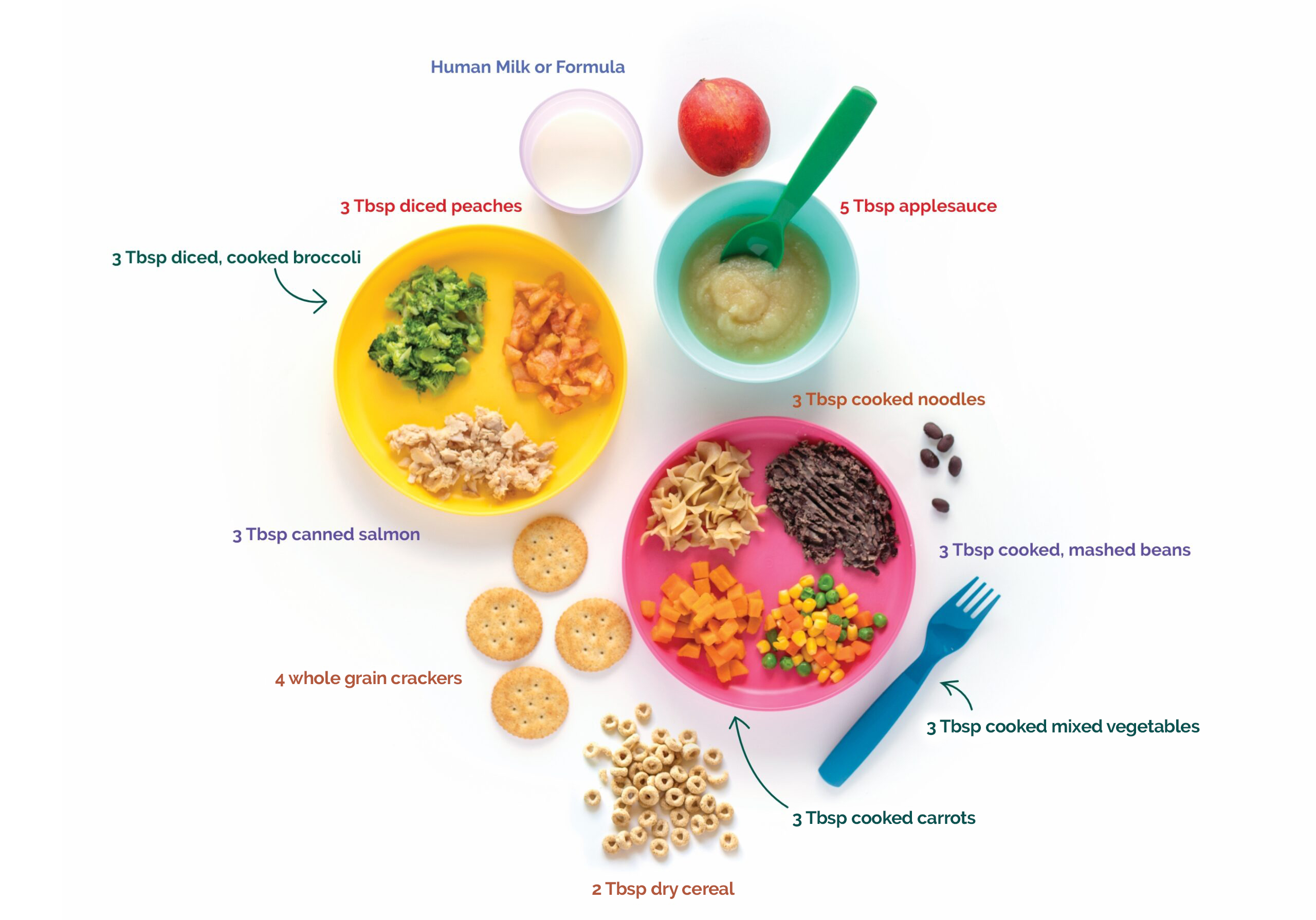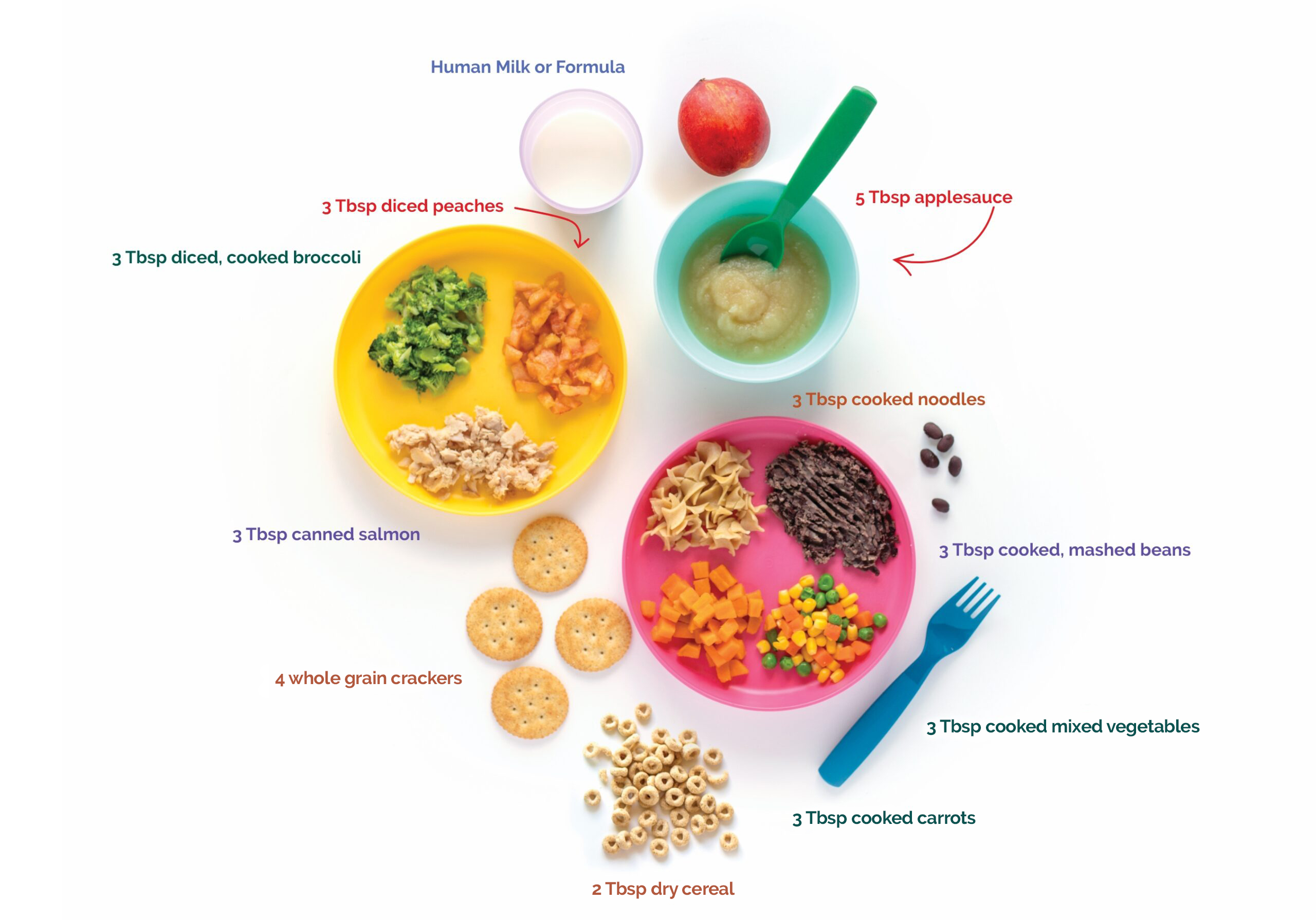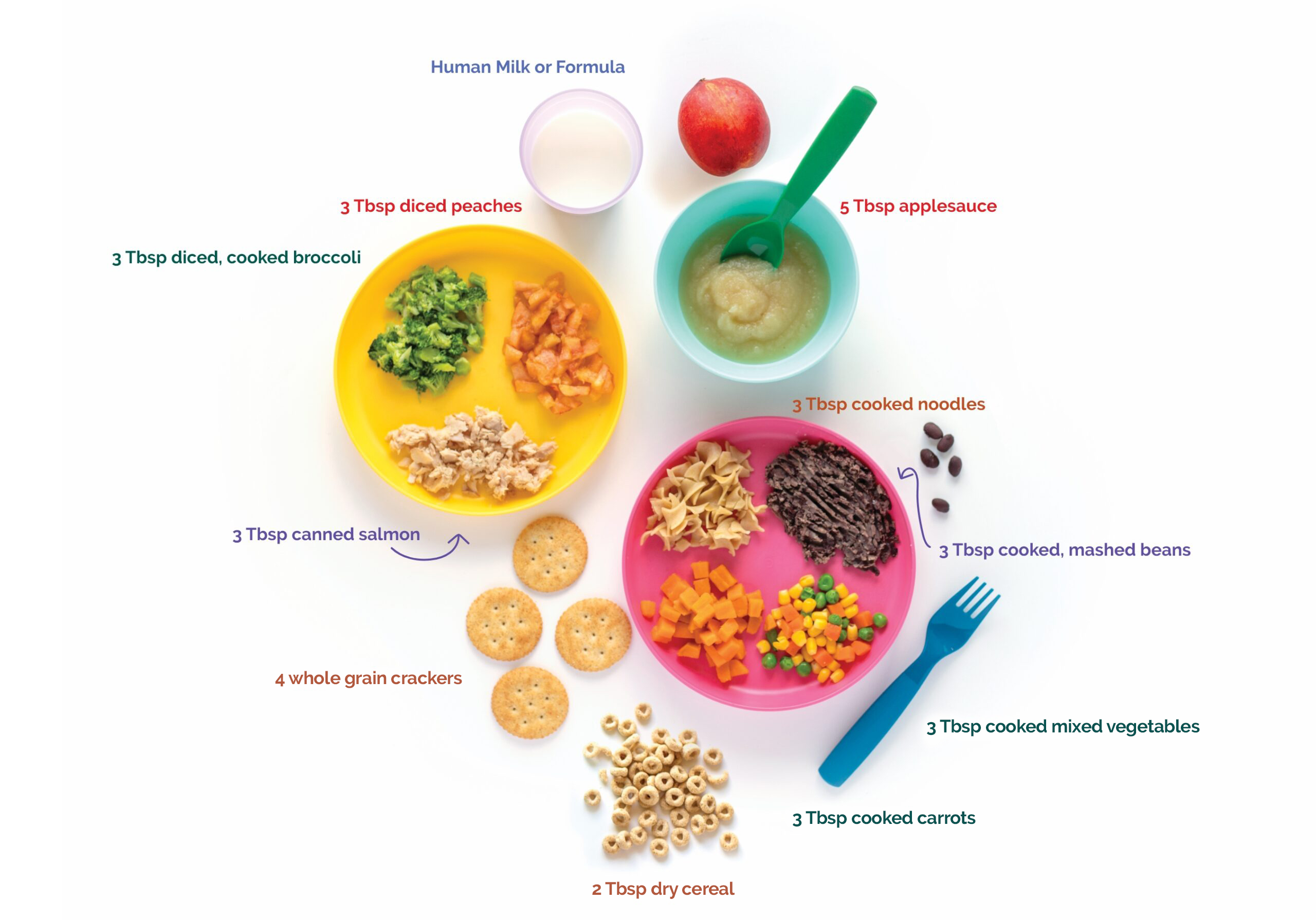Breastfeeding gives babies a healthy start in life and it benefits moms too!
Benefits for Babies

Your milk changes as your baby grows
The first milk you make during pregnancy and just after birth is called colostrum. It is thick and golden yellow in color. This milk is very nutritious and has antibodies to protect your baby from getting sick. It also helps your newborn’s digestive system to grow and function well.
3-6-day
About 3 to 5 days after birth, colostrum changes into mature milk. Mature milk is white and looks thinner than colostrum. It has just the right amount of fat, sugar, water, and protein to help your baby grow.
Human milk helps protect your baby from illness
Breastfed babies have lower risks of:
- Asthma
- Obesity
- Type 1 diabetes
- Ear and lung infections
- Diarrhea and vomiting
- Problems with their digestive system
– Danielle, new mom
Breastfeeding reduces the risk of SIDS
Breast milk is easier to digest
Benefits for
Moms
Breastfeeding makes life easier
Breastfeeding may seem like it takes more effort than formula feeding, but it can make life easier once you and your baby settle into a good routine.

When you breastfeed:
- You can satisfy your baby’s hunger right away
- You don’t have to buy, measure, and mix formula
- You don’t need to warm bottles in the middle of the night
- You don’t have to make extra trips to the store for formula

Also, breastfed babies may be sick less often than formula fed babies. This means less:
- Time off work to care for a sick child
- Trips to the doctor
- Money spent on co-pays and medicine

BREASTFEEDING HELPS MOM & BABY BOND
“Building trust with my newborn is the best feeling in the world.” – Rosa, Breastfeeding mom
“Breastfeeding is something that only I can provide for my growing baby. It’s such a special bond.” – Marianna, breastfeeding mom
-
Did you know?
Your baby can smell you and knows the unique scent of your milk.
did you know?
Did you know?
Your baby can smell you and knows the unique scent of your milk.
Breastfeeding is good for mom’s health
Mothers who breastfeed recover from childbirth more quickly and easily. They also have a lower risk of:
- Type 2 diabetes
- High blood pressure
- Ovarian cancer
- Certain types of breast cancer
- Many women who breastfed have said it helped them get back to their pre-pregnancy weight more quickly. Exclusively breastfeeding can burn up to 600 calories per day.
Breastfeeding may
Many women who breastfed have said it helped them get back to their pre-pregnancy weight more quickly. Exclusively breastfeeding can burn up to 600 calories per day.























